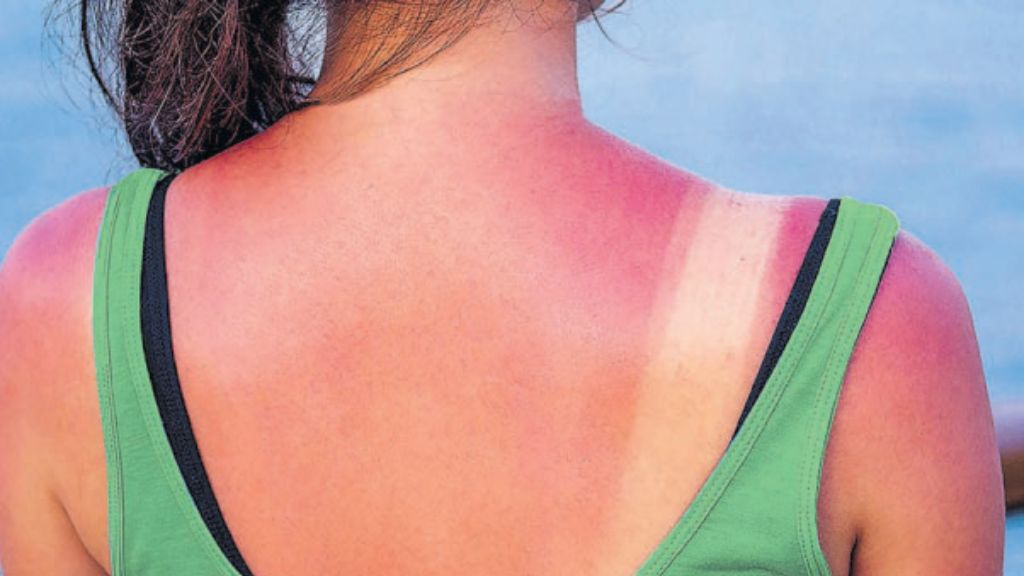WITH Jamaica’s year-round sunny climate, protecting your skin from harmful ultraviolet (UV) rays is crucial. According to the World Health Organization, there are currently between two and three million non-melanoma skin cancers and 132,000 melanoma skin cancers diagnosed globally each year. UV rays are linked to approximately 90 per cent of non-melanoma skin cancers.
While melanomas are less prevalent in populations with darker skin tones like Jamaica’s, they still occur. Acral lentiginous melanomas, which often appear as black or brown lesions on harder-to-spot areas like the palms, soles, and mucous membranes, account for 51 per cent of melanoma cases in Jamaica. “The prevailing myth is that people with darker skin tones do not get skin cancer,” says Dr Naiara Braghiroli, dermatologist at Baptist Health’s Miami Cancer Institute.

“While it’s true that skin cancer is less prevalent in darker skin populations, anyone can develop it with excessive UV exposure over time.” To protect your skin, Dr Braghiroli advises using a mineral sunscreen containing zinc oxide and/or titanium dioxide, which physically blocks UVA and UVB rays. “Use a broad-spectrum sunscreen with an SPF of at least 30 and apply generously — most people under-apply,” she says.
“Reapply every 80 minutes if swimming or sweating excessively.” Beyond sunscreen, limit direct sun exposure from 10:00 am to 4:00 pm when UV rays are strongest. Wear protective clothing like lightweight, long-sle.
















